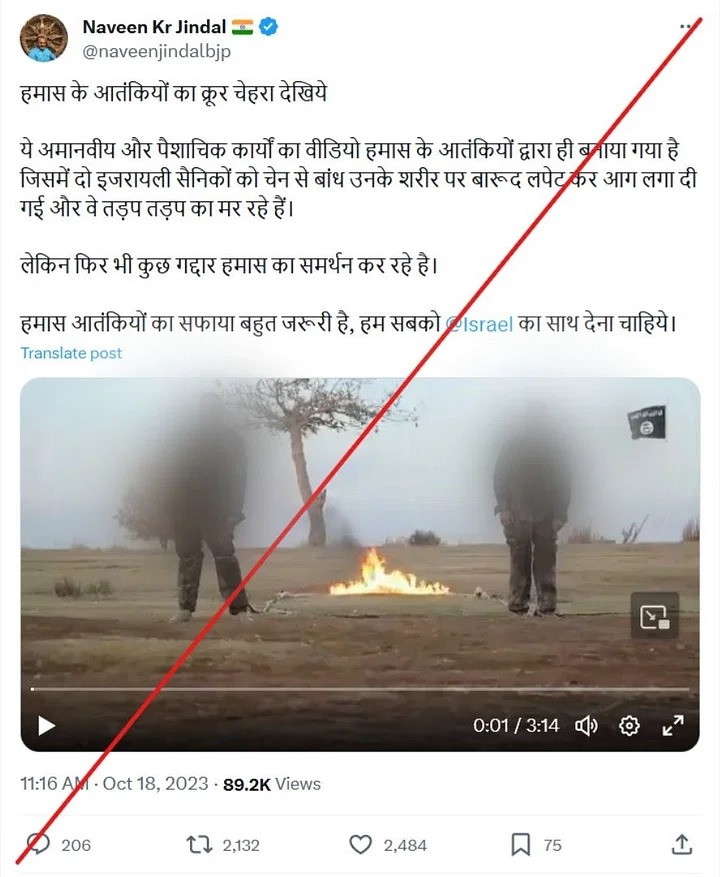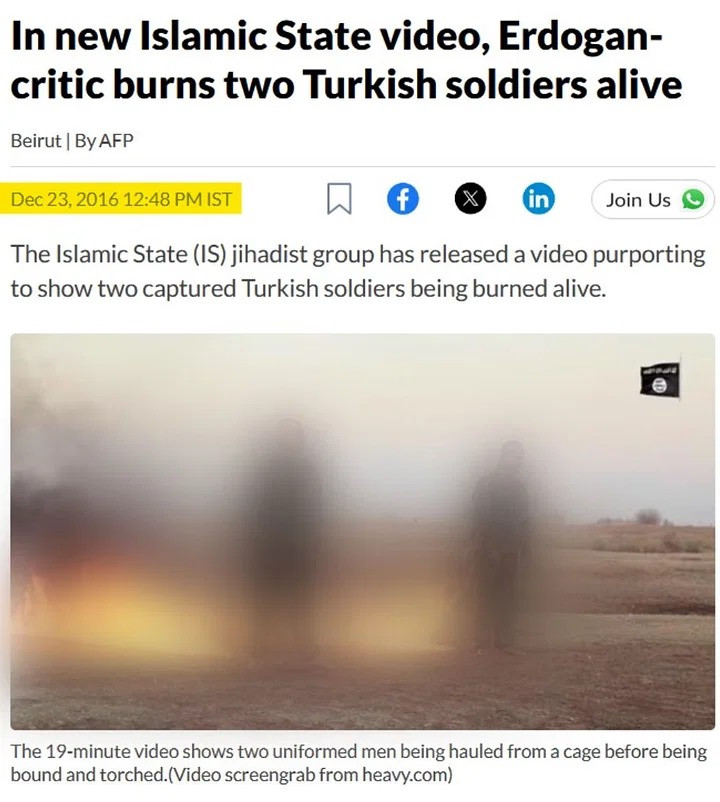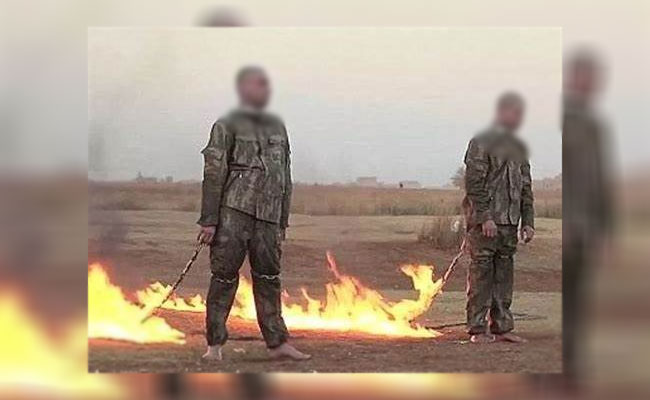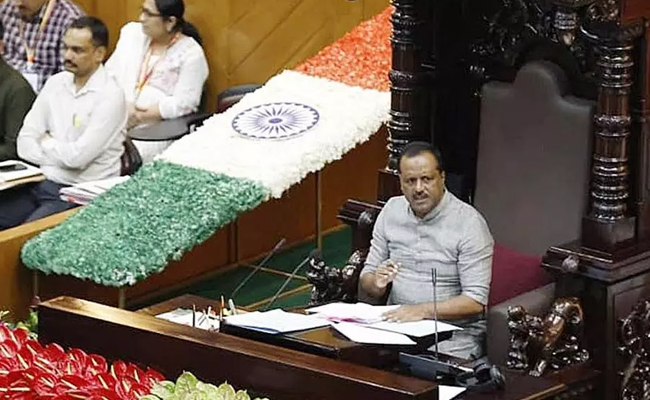Jerusalem: A video circulating on social media, purportedly showing Hamas terrorists burning alive two Israeli soldiers, has been debunked. The video in question, which recently went viral, is not a recent incident involving Hamas and Israeli soldiers. Instead, the video dates back to 2016 and depicts a act committed by the Islamic State (ISIS) group.

Verification Details: The truth about the video was uncovered through diligent fact-checking. A response to the viral claim mentioned that the video was old and originated from Syria. Subsequent keyword searches led to reports by credible sources such as Hindustan Times, Al Arabia News, New York Post, Fox News, The Sun, and the Syrian Human Rights Committee. These reports, shared in December 2016, documented the ISIS video showing the burning alive of two Turkish soldiers.

The 19-minute video, allegedly filmed in the IS-declared “Aleppo Province” in northern Syria, was released by the Islamic State (ISIS) group. Despite the misleading claims circulating on social media, the video has no connection to Hamas or recent events involving Israeli soldiers.
Conclusion: The viral video falsely claimed to show Hamas burning alive two Israeli soldiers, but it is an old video from Syria depicting an ISIS attack on two Turkish soldiers in 2016.
Let the Truth be known. If you read VB and like VB, please be a VB Supporter and Help us deliver the Truth to one and all.
Palakkad: A group of children celebrating Christmas through a carol roadshow was allegedly attacked by BJP workers in Kerala’s Palakkad district on Sunday night.
According to local reports, the incident occurred in Pudussery area of Palakkad, where over 25 children, mostly aged around 13, were moving from house to house singing Christmas carols. Reports state that a BJP worker identified as Ashwin Raj, along with others, allegedly assaulted the children and vandalised their musical equipment.
According to the police and eyewitness accounts, the children were using a band set that belonged to a local CPI(M) office, which had the party’s name written on it.
Allegedly objecting to this, the accused and his associates reportedly lured the children on the pretext of offering them money and then assaulted them. The band set used by the children was also smashed.
ALSO READ: Punjab: Duped of Rs 8 crore in cyber fraud, ex-IPS officer Amar Chahal shoots self in Patiala
The Town Police have arrested Ashwin Raj, a local BJP worker who has been named as the prime accused in the case. Efforts are underway to trace and arrest the remaining accused who fled the scene.
Speaking to the media, one of the injured children said, “We were using the band just for fun. When they saw that it had CPM written on it, they took us aside and beat us.”
"We had given the band set that was in our office out of love when the children asked for it. The fact that these young children, who do not know the intricacies of politics, were attacked shows the criminal mentality of the BJP workers," local CPIM leaders expressed outrage.
A police officer told PTI that the arrested accused is already booked under the Kerala Anti-Social Activities (Prevention) Act (KAAPA).
The sections invoked include Section 192 (provocation with intent to cause a riot), Section 115(2) (voluntarily causing hurt), and Section 110 (attempt to commit culpable homicide), police added.





